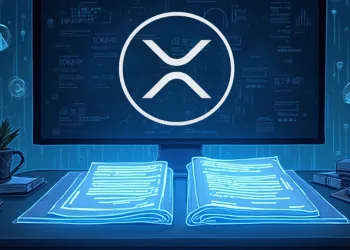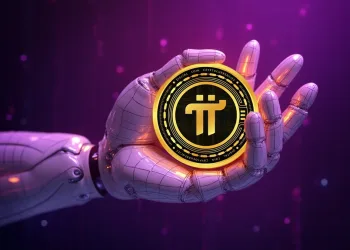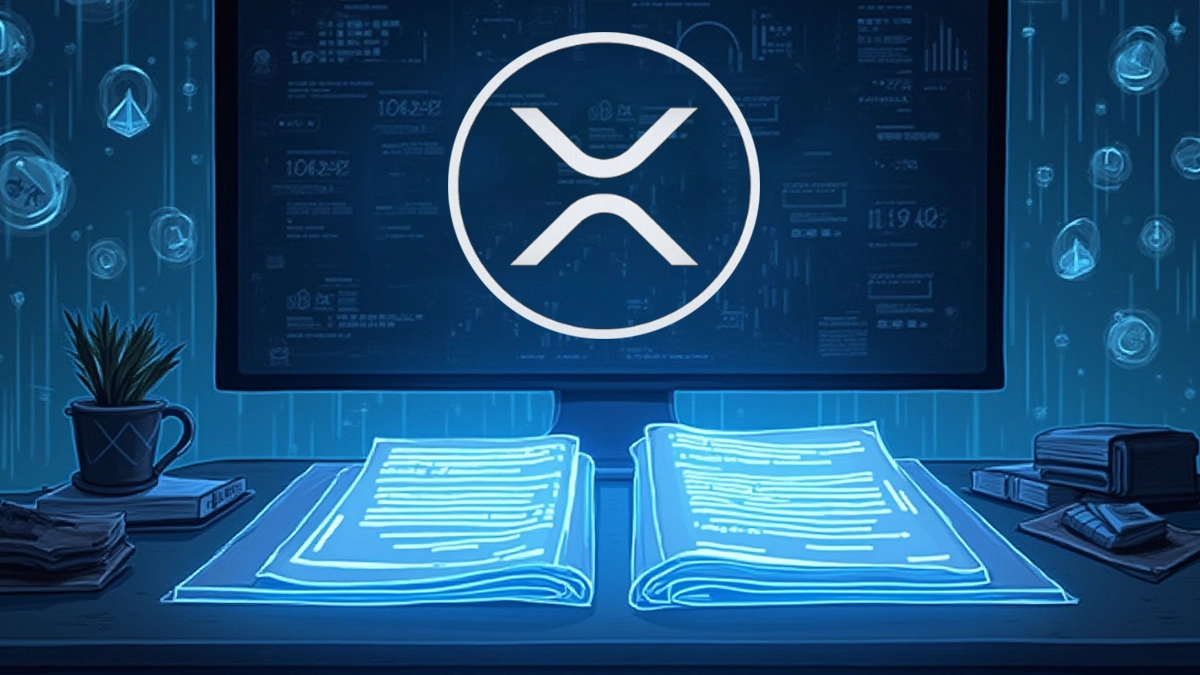- Ethereum Foundation to launch zkEVM at L1 for fast, secure proof verification.
- Validators may soon verify multiple zkVM-generated proofs instead of re-executing payloads.
- Standardized real-time zk proving framework proposed to protect Ethereum’s core properties.
Ethereum’s development strategy continues to evolve, with the Ethereum Foundation now moving decisively toward zero-knowledge (zk) proof integration across all levels of its protocol. In a statement released on July 10, the Foundation detailed a phased roadmap, beginning with a Layer-1 (L1) zkEVM rollout aimed at improving scalability and strengthening on-chain privacy.
In response to the update, ARK Invest CEO Cathie Wood conceded that she is not fully attuned to the technical intricacies but is pleased to see where the Foundation is headed. Wood noted that the most recent proposals appear aimed at the wants of institutional holders, particularly in terms of scalability and anonymity. This is in line with Ethereum’s ongoing pursuit of staying pertinent and valuable in the broader enterprise world.
L1 zkEVM Design Shifts Validation Model to Multi-Proof zkVM Architecture
The Foundation’s proposal centers on enabling Ethereum validators to opt for zk-based proof validation instead of re-executing execution payloads. Under the proposed structure, validators can download and verify multiple succinct proofs—each generated by different zk virtual machines (zkVMs). This approach offers redundancy and aligns with Ethereum’s existing defense-in-depth philosophy around client diversity.
Crucially, zk proofs are both small and fast to verify, making this multi-proof system technically feasible without compromising performance. Several zkVMs have already begun proving Ethereum blocks, and according to the Foundation, ongoing performance breakthroughs continue to push this effort forward. The goal is to support zkVM diversity while ensuring network security through redundant proof verification paths.
This model also avoids locking Ethereum into a single zkVM provider, preserving the modularity of its ecosystem. Instead, the Foundation proposes a flexible validation environment where each zkVM can independently verify Ethereum’s execution layer.
Ethereum Introduces Unified zk Proving Standard for Network Integrity
To preserve Ethereum’s core values—security, liveness, and censorship resistance—the Foundation is introducing a unified standard for real-time zk proving. This standard will guide zkVM teams in aligning their performance targets and providing guarantees with Ethereum’s consensus needs.
The shift to zk-based validation must ensure that the network remains robust under stress while allowing validators to independently verify block execution correctness. Ethereum developers stress that real-time proof delivery is central to sustaining the protocol’s reliability as zk integration progresses.
By coordinating zkVM implementations under a common proving framework, the Foundation aims to deliver improved scalability and privacy without fragmenting the validation process. This alignment supports the long-term goal of simplifying the protocol and making it more zk-compatible at every layer.














